Unlocking the Potential of Urban Spaces with Smart Society Solutions
In today’s rapidly urbanizing world, the need for sustainable, efficient, and integrated urban solutions has never been greater. NEXA Engineering is at the forefront of this transformation, leveraging cutting-edge technologies to deliver Smart Society Solutions that enhance city living. Our holistic approach helps municipalities harness the power of IoT, AI, and big data to optimize everything from energy consumption to traffic management, creating smarter, greener, and more livable cities.
Services We Provide
Ø FTTX Design & Deployment.
Ø Smart Security & Surveillance.
Ø Smart Metering Solution.
Ø Smart Traffic Signals.
Ø Parking Solutions.
Ø Guard Rails.
Ø Smart Street Poles & Lighting.
Ø Solar Solutions.
Ø Mobile Solar Power Supply
Ø Smart Outdoor Digital Screen.
Ø Waste Collection System.
Ø Waste Recycled Plant
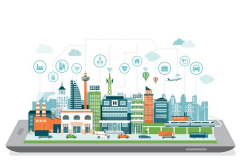
Key Components of Smart Society Solutions
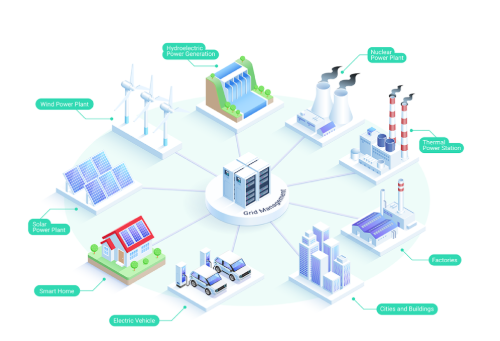
Smart Grid Systems
These could include hardware and software for managing energy distribution efficiently, likely a part of the described smart building solutions.
Traffic Management Systems
Products under this could involve sensors and software for traffic flow management, potentially part of infrastructure services aimed at improving city transportation layouts.

Smart Lighting Systems
Could include automated street lighting that adjusts based on natural light levels and traffic conditions, a component likely included in smart infrastructure solutions.
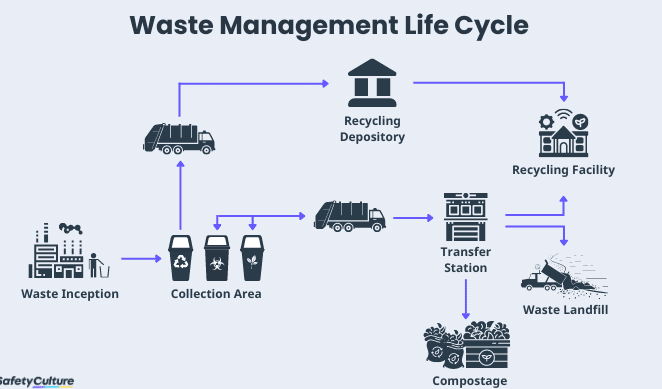
Waste Management Systems
Products here could involve smart bins and waste processing technologies that optimize collection schedules and routes, mentioned as part of NEXA’s sustainable solutions.
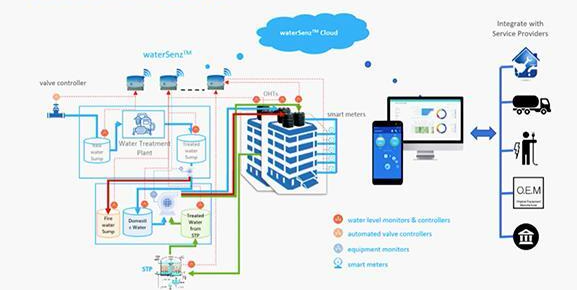
Water Management Devices
Smart meters and automated management systems for water conservation, likely part of the infrastructure solutions aimed at improving resource efficiency.
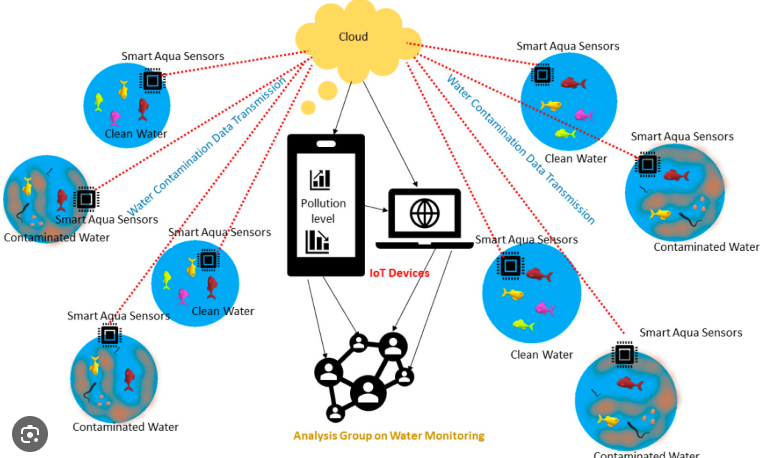
Smart Curtain and Blind Control
Sensors for monitoring air quality, sound levels, and other environmental data, which are essential for maintaining urban health standards.
What Are Smart Society Solutions?
Smart Society Solutions by NEXA Engineering encompass a broad range of systems and services designed to enhance the operational efficiency of urban environments and improve the quality of life for residents.
Benefits of Smart Society Solutions:
- Sustainability: Our technologies minimize environmental impact by optimizing resource usage and reducing waste.
- Efficiency: Automated systems ensure that city operations, from traffic lights to water management, are running at peak efficiency, saving time and reducing costs.
- Livability: By improving infrastructure and services, we make urban areas more comfortable and convenient places to live.
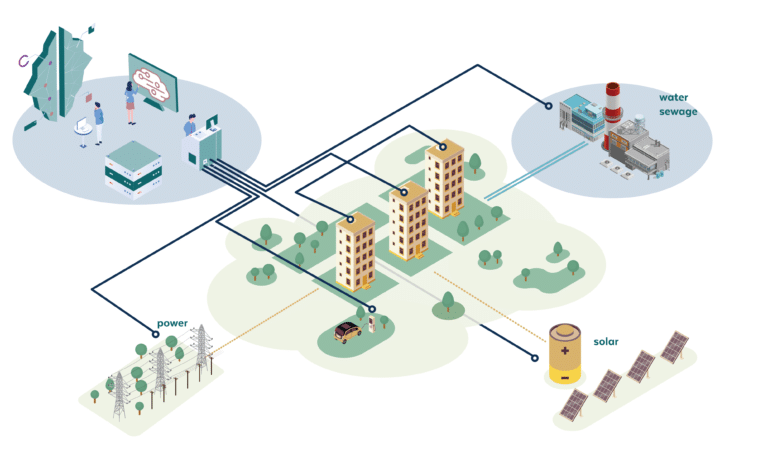
OUR Expertise
Some of Our Expertise in the Following Service

Smart Grids and Energy Management
Improves energy efficiency, lowers operational costs, and increases the use of renewable energy in urban settings.
Intelligent Transportation Systems (ITS)
Reduces travel time, decreases vehicle emissions, and improves overall transportation safety and accessibility.
Smart Public Utilities
Enhances resource conservation, reduces operational costs, and improves the sustainability of urban environments.
Connected Public Safety Solutions
Increases community safety, enhances emergency response times, and reduces crime rates through predictive policing.
Environmental Monitoring
Improves public health, aids in the preservation of the environment, and informs policy decisions with real-time data.
Urban Planning and Development Tools
Facilitates smarter urban growth, optimizes land use, and ensures sustainable development practices are followed.
Implementation Process
Step-by-Step Implementation:
- Consultation: We begin by understanding the specific needs and challenges of the city through comprehensive consultations with stakeholders.
- Customized Planning: Based on the initial consultations, we design a tailored smart city solution that aligns with the city’s long-term development plans.
- Technology Deployment: Our team of experts deploys the technologies on-site, ensuring seamless integration with existing urban systems.
- Monitoring and Optimization: Once deployed, we continuously monitor the systems to ensure they are operating efficiently and make adjustments as needed.
- Ongoing Support and Maintenance: NEXA provides ongoing support and maintenance to ensure the longevity and effectiveness of the installed systems.
